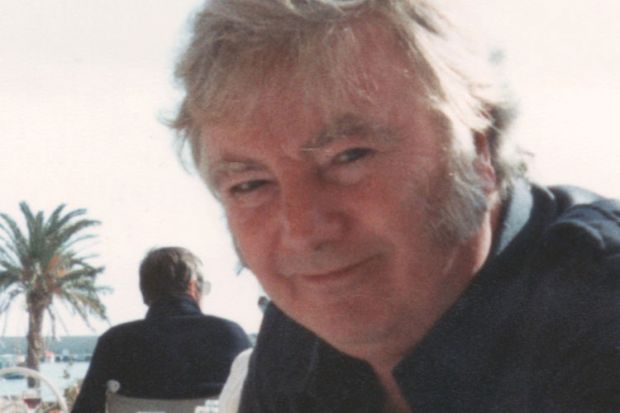Terry Culhane was born in Leeds on 16 April 1934, learned Russian at the Joint Services School for Linguists while on national service with the Royal Air Force and was employed in Berlin to listen in on radio messages between Russian aircraft.
He then took a degree in Russian at the University of Leeds and went into school teaching before moving on to Bolton Technical College as head of the languages department. In 1967, only a year after it opened, he joined the University of Essex – where founding vice-chancellor Albert Sloman had decided to put special emphasis on the study of Russia and Latin America.
During his time at Essex, Mr Culhane published a number of papers on applied linguistics, particularly language testing, and gave talks for the British Council in Botswana, Kenya and Canada. He also served as proctor during a period of student unrest in the 1970s and recalled well the times when a bucket of water was thrown over him and when he had to lock himself in Wivenhoe House to stop a crowd of striking miners and students from entering.
The BBC's research projects on contemporary written and spoken Russian led the corporation to invite Mr Culhane and his colleague Michael “Paddy” O’Toole (now emeritus professor of communication studies at Murdoch University in Western Australia) to produce a radio course on First Year Russian (1966, rebroadcast in 1967), later published as Passport to Moscow (1972).
Professor O’Toole remembered how he and Mr Culhane ended up creating “a storyline like a kind of Russian soap opera” as the basis for the course.
“Terry and I”, he went on, “had many productive arguments and much fun composing dialogues and then attempting to wrestle the new vocabulary into songs which I composed with quasi-Russian tunes to round off each broadcast. Fortunately, Terry shared my commitment to song as a vital element in language learning and contributed many good ideas about subject matter, phrasing, rhyming and rhythm.”
In 1980, Mr Culhane went on to produce a further BBC self-instruction course, Russian Language and People, which was accompanied by a series of television programmes, during the filming of which presenter Chris Serle was arrested for taking photographs in Red Square.
After taking early retirement in 1987, Mr Culhane devoted much of his time and energy to a charity for the mentally handicapped, Project Horizon. He died on 28 July and is survived by his wife Jo and three children from an earlier marriage.




